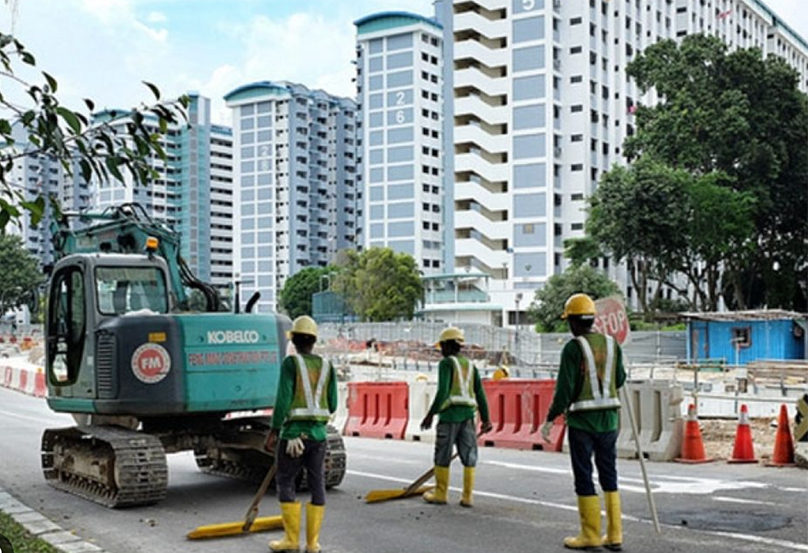Migration workers rights and supports refer to the legal protections, entitlements, and assistance provided to migrant workers who move from their home countries to work in foreign countries. These rights and supports aim to ensure fair treatment, equal opportunities, and safeguard against exploitation and abuse during the migration process and employment abroad.
Migration Workers Rights:
Equal Treatment: Migrant workers should be treated with equality and fairness, receiving the same legal protections and benefits as domestic workers in the host country.
Minimum Wage and Working Conditions: Migrant workers have the right to receive at least the minimum wage and must work under safe and humane conditions, free from discrimination and harassment.
Freedom of Association: Migrant workers should have the right to join labor unions and participate in collective bargaining to protect their interests and advocate for their rights.
Access to Healthcare and Social Services: Migrant workers should have access to healthcare services, social security benefits, and other essential services in the host country.
Non-Retaliation: Migrant workers should be protected from retaliation by employers or authorities when they assert their rights or report labor violations.
Right to Keep Personal Documents: Migrant workers should retain their identity and travel documents while working abroad.
Access to Justice: Migrant workers should have access to legal remedies and be able to seek justice if their rights are violated.
Supports for Migration Workers:
Pre-Departure Information and Orientation: Before migration, workers should receive comprehensive information about their rights, duties, and the terms of their employment in the host country. This includes information about living conditions, language, and cultural orientation.
Labor Migration Agreements and Bilateral Agreements: Governments can negotiate bilateral agreements between the countries of origin and destination to protect migrant workers’ rights and establish mechanisms for dispute resolution.
Labor Inspection and Enforcement: Host countries should conduct regular labor inspections to ensure employers comply with labor laws and protect migrant workers from exploitation.
Social Support Networks: Governments and NGOs can establish support networks to assist migrant workers in adapting to the host country, providing information, counseling, and emergency assistance when needed.
Remittance Services: Access to safe and affordable remittance services allows migrant workers to send money back to their families in their home countries.
Education and Skills Development: Supporting educational and skills development programs for migrant workers can help improve their job prospects and overall well-being.
Reintegration Services: Upon return to their home countries, migrant workers may need support in reintegrating into their communities and finding employment opportunities.
Ensuring the rights and well-being of migrant workers requires collaboration between countries of origin and destination, international organizations, civil society, and employers. Transparent and effective policies, robust legal frameworks, and social support systems can contribute to enhancing the protection and support for migrant workers worldwide.




